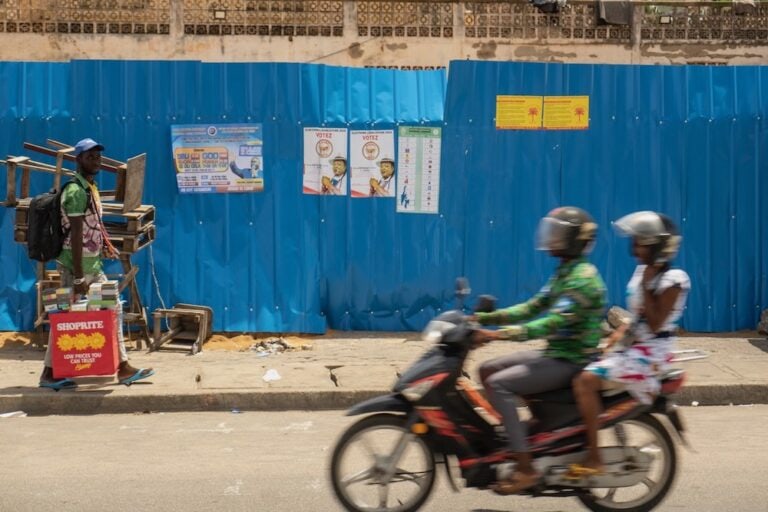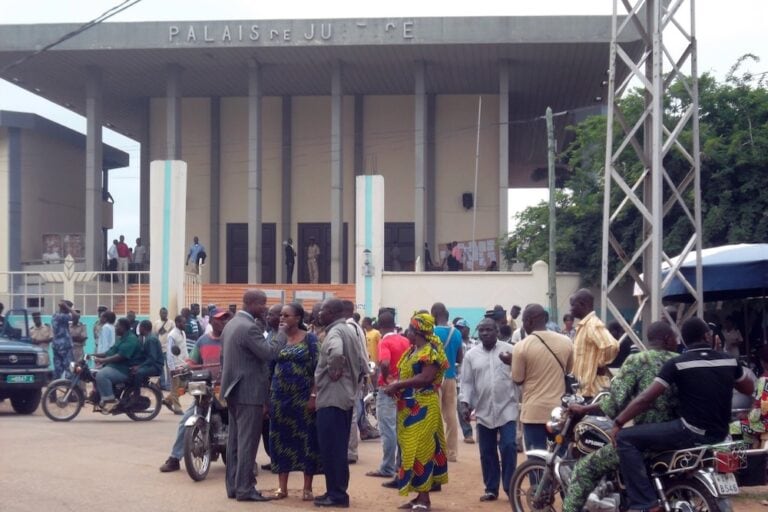"L'Indépendant Express" was ordered to pay 300,000 euros in damages to the plaintiff.
(RSF/IFEX) – 4 November 2011 – Reporters Without Borders wrote to justice minister Tchitchao Tchalim today about the colossal damages that the privately-owned weekly L’Indépendant Express has been ordered to pay in a libel suit brought by Julie Béguédou, the CEO of the rice-import company Elisée Cotrane, over an article accusing the company of planning to flood the local market with “toxic rice.”
A Lomé criminal court ruled two days ago that the newspaper must pay 200 million CFA francs (300,000 euros) in damages, a fine of 800,000 CFA francs (1,200 euros) and a symbolic sum of 1 franc to Béguédou.
“We recognize that the offending story’s headline was particularly harsh and damaging for the image of Elisée Cotrane and its CEO,” the letter said. “So we do not take issue with the decision that L’Indépendant Express should compensate the company. But we think the size of the damages award is exorbitant and likely to bankrupt the newspaper. We are concerned for its future.
“Lawsuits are often brought against the media in Togo. This is not in itself reprehensible, but it is if done in an abusive manner and especially with the aim of intimidating journalists, getting them to censor themselves or undermining the media financially. We realize the courts must protect the public from the offences that certain media may commit, but we urge you to ensure that they do not threaten the very existence of these media.”
The offending article in the 16 August issue of L’Indépendant Express was headlined: “Julie Béguédou is going to threaten the safety of consumers. Deadly danger: 190,000 sacks of toxic rice are to be dumped on the market.” It was accompanied by a photo of Béguédou. Her lawsuit accused the newspaper of libel, making accusations without evidence and sabotaging the company’s business activities.
The so-called “toxic” rice was declared fit for human consumption after being tested by the Togolese Institute for Agronomic Research (ITRA). The newspaper disputed the institute’s findings.


